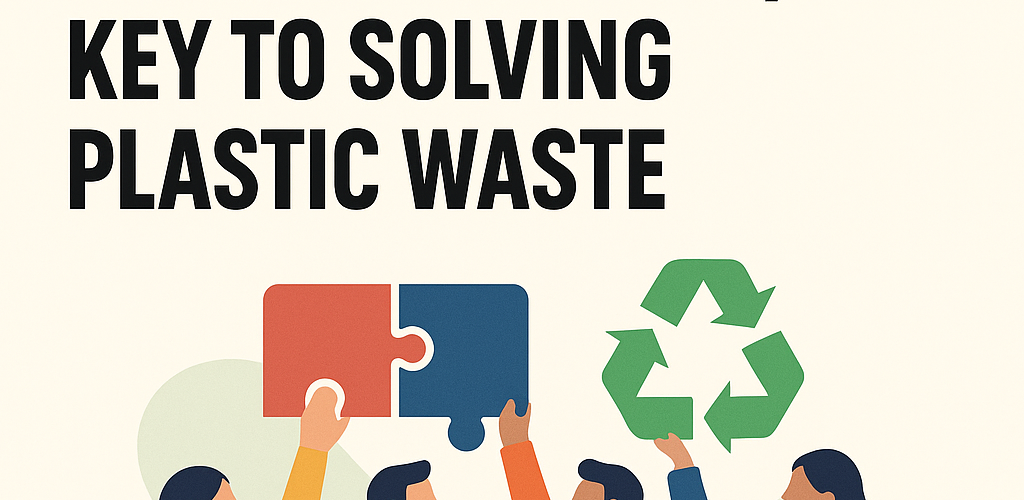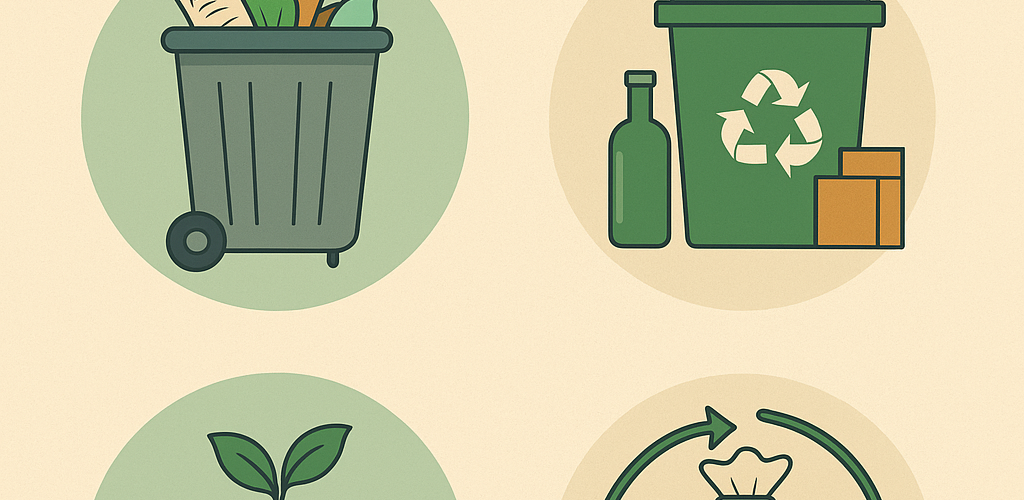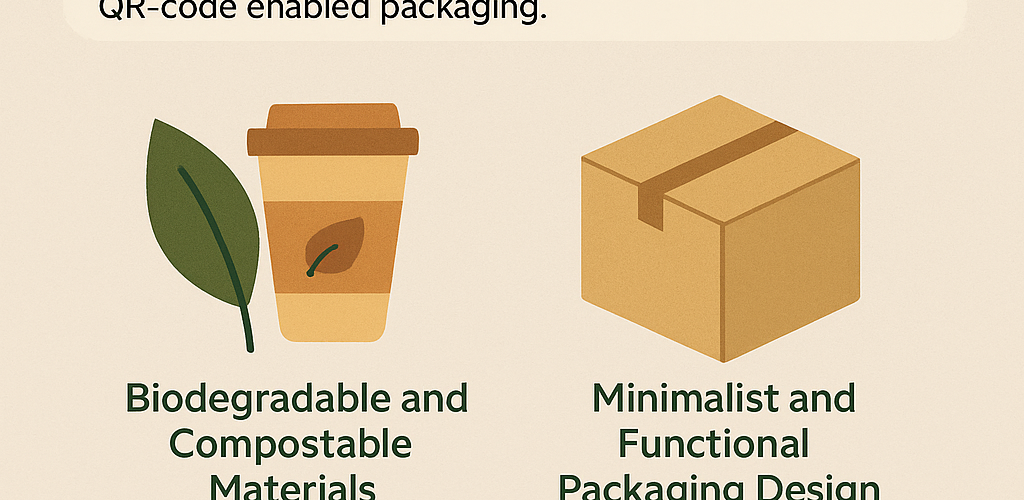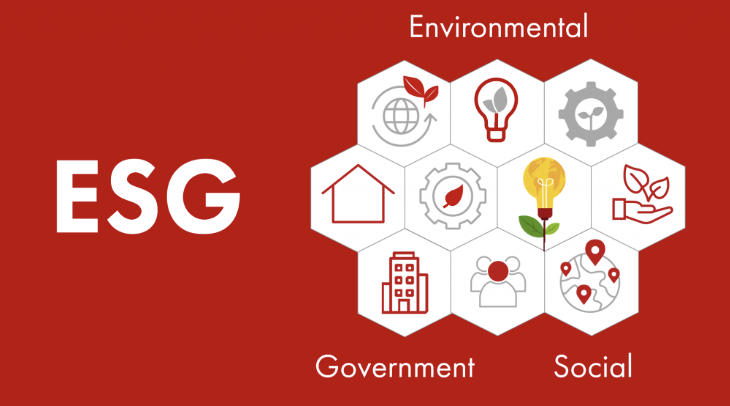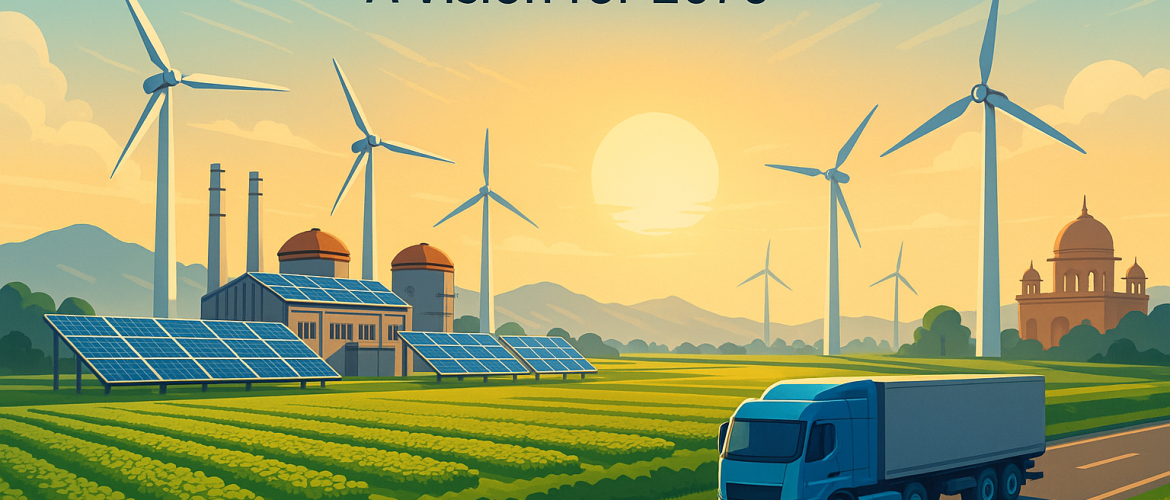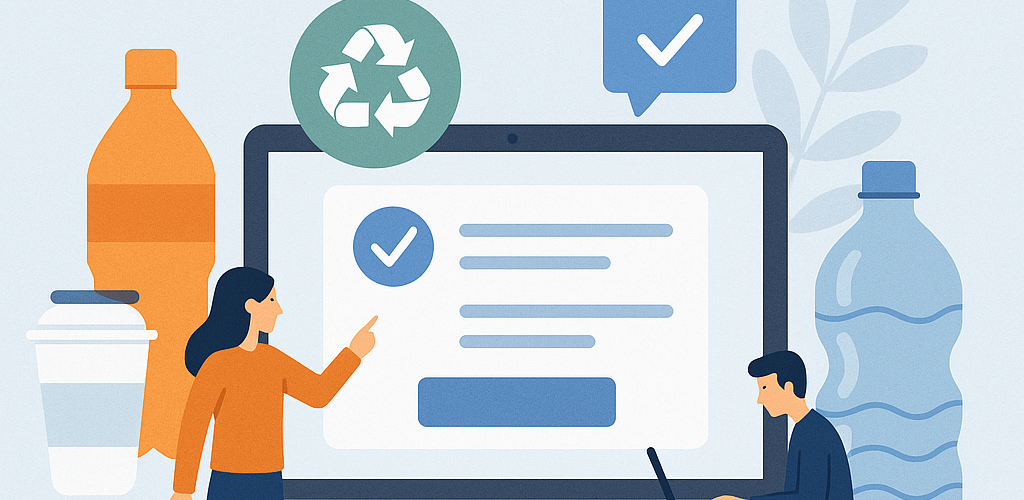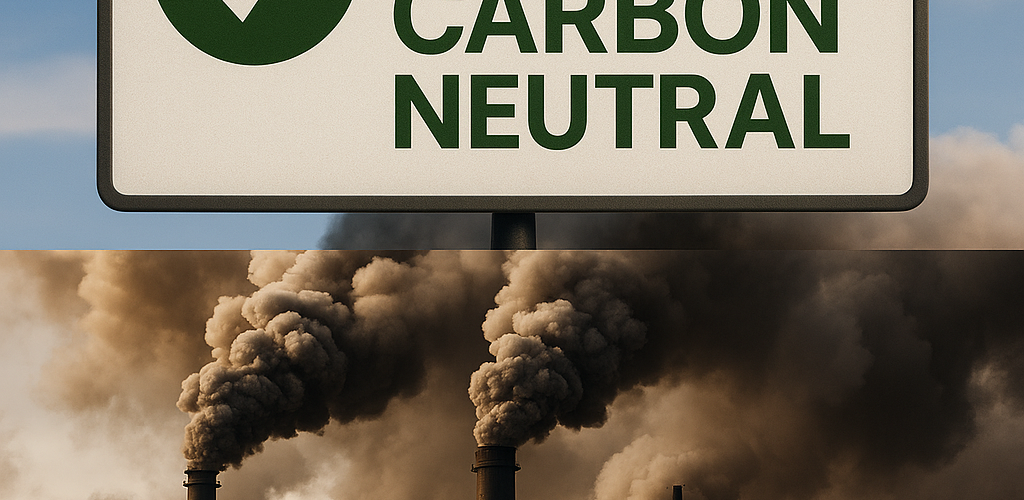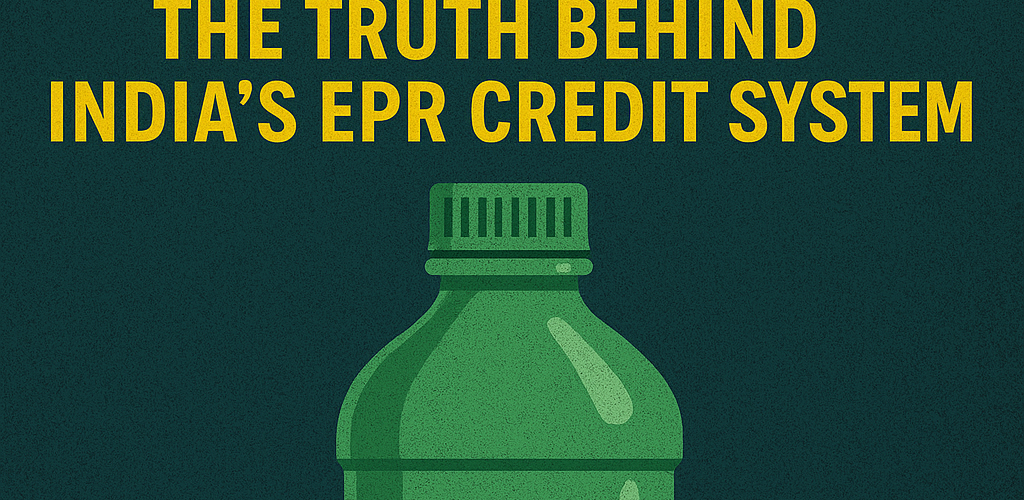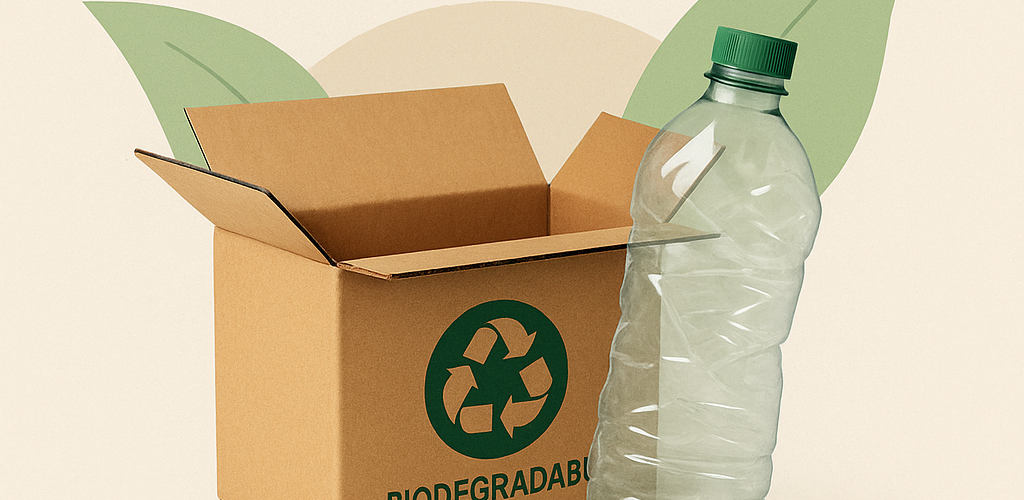Why Collaboration, Not Competition, Is the Key to Solving Plastic Waste The plastic waste crisis is one of the most pressing environmental challenges of our time. But more than an ecological concern, it is a systemic issue rooted in global supply chains, consumer behavior, and waste infrastructure gaps. Despite growing sustainability pledges by businesses, fragmented actions have often resulted in inefficiencies and slow progress. In reality, no single company, sector, or government can tackle plastic pollution alone. If we are to transition
From Waste to Wealth: Circular Economy Success Stories in India ♻️ Introduction India generates over 62 million tonnes of waste annually, and the number is expected to rise with urbanization and consumption patterns. But amid this challenge lies a massive opportunity: the circular economy. The circular economy promotes a closed-loop system—reusing, recycling, and repurposing resources rather than discarding them. Across India, companies, startups, and innovators are showcasing how waste can become wealth, improving the environment while generating economic and social value. In this article,
Eco-Friendly Packaging in India: Trends Consumers Should Know About Introduction As environmental consciousness rises globally, eco-friendly packaging has emerged as a crucial component of sustainable consumption. In India, where waste generation is escalating due to rapid urbanization and e-commerce growth, the shift towards sustainable packaging solutions is both a necessity and an opportunity. Driven by regulatory mandates, ESG (Environmental, Social, and Governance) frameworks, and evolving consumer behavior, India’s packaging industry
Why ESG Is Not Optional Anymore: The Industrial Sector’s Role in India’s Green Goals Introduction In an era defined by climate urgency and stakeholder activism, Environmental, Social, and Governance (ESG) is no longer a corporate buzzword—it’s a business imperative. For India, a nation with ambitious net-zero goals by 2070, the industrial sector’s participation in ESG adoption is critical. With growing regulatory pressures and investor expectations, embracing ESG is not optional anymore—especially for
India’s Road to Net Zero by 2070: What It Means to Industries India made global headlines with its ambitious pledge to achieve net-zero emissions by 2070. For the country’s industries, this isn’t just a climate promise—it’s a complete shift in how business will be done in the coming decades. Whether you’re in manufacturing, energy, transport, or agriculture, the ripple effects are already being felt. Let’s break down what this journey means for Indian industries, the key
Microplastics in Food and Water: An Invisible Threat to Human Health Introduction In recent years, the issue of microplastics in food and water has become a global concern. These tiny plastic particles, less than 5 milli meters in size, are now found in everything from drinking water to seafood and even table salt. With mounting evidence pointing toward their pervasive presence in our food systems, professionals in the environmental, health, and policy sectors are being urged
Stay Compliant in 2025: What’s New on CPCB’s EPR Plastic Packaging Portal Quick Refresher: Why the Portal Matters India’s Extended Producer Responsibility (EPR) regime for plastic packaging—anchored in the Plastic Waste Management (PWM) Rules 2016 and overhauled by the 2022 amendment—requires every entity that puts plastic on the market to register on the Central Pollution Control Board’s (CPCB) online portal. Without an active EPR certificate, companies cannot legally manufacture, import, sell, or distribute plastic‑ packaged goods in India. The Classic PIBO
Introduction As climate change becomes a central global concern, terms like “net-zero” and “carbon neutral” have entered mainstream discourse. From multinational corporations to small businesses, everyone claims to be embracing sustainability. But are these claims always genuine? Unfortunately, the answer is no. In many cases, companies engage in greenwashing, misleading consumers with false sustainability narratives. Let’s dive into what false net-zero and carbon-neutral claims are, why they’re problematic, and how we
♻️ Recycled Lies? The Truth Behind India’s EPR Credit System Over the past few years, Extended Producer Responsibility (EPR) has emerged as a critical policy instrument in India’s strategy to tackle plastic waste management. Its intention is noble: shift the responsibility of managing plastic waste from the public sector to those who produce it—producers, importers, and brand owners (PIBOs). However, despite a well-defined framework laid out by the Central Pollution Control Board (CPCB), India’s EPR credit system is
Sustainable Packaging or Just More Plastic? The Hidden Realities Behind the Green Labels Introduction In the race toward environmental responsibility, sustainable packaging has emerged as a key buzzword. From “biodegradable” wrappers to “eco-friendly” containers, industries are rebranding to appeal to environmentally conscious consumers. But beneath the green labels and recycled logos lies a question few dare to ask: Are we truly adopting sustainable packaging, or just reinventing plastic in a more marketable form? This


